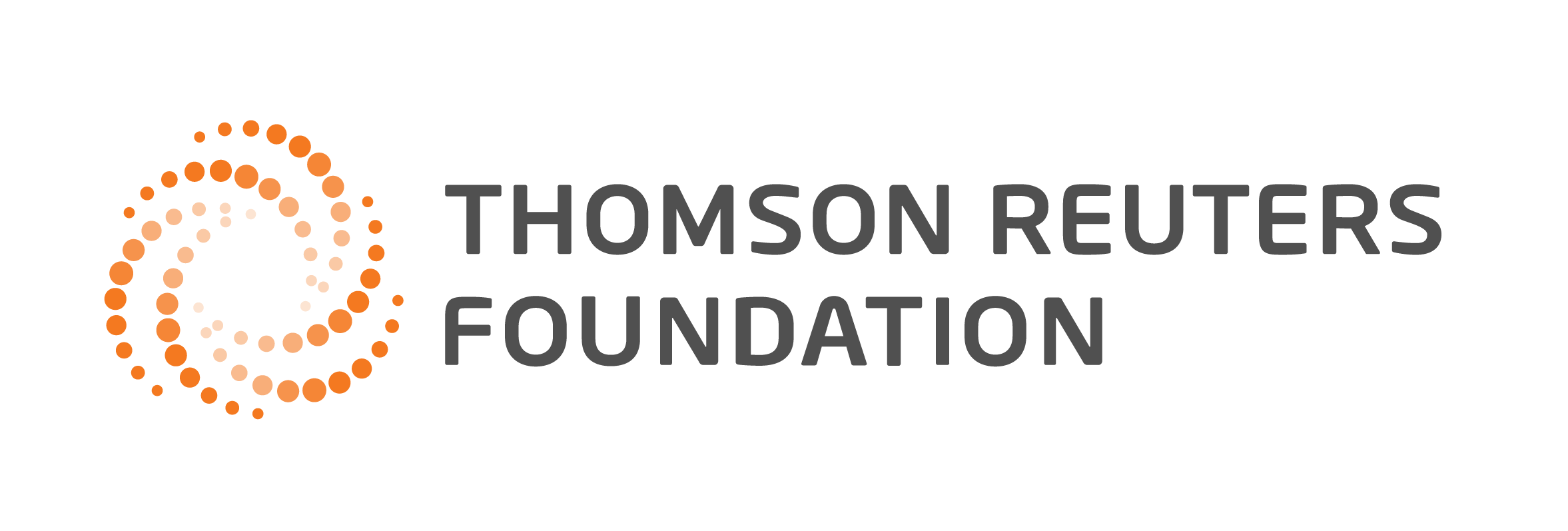So far we have assisted over 400 companies.








In this article, our colleague Simge Ayse Pala LLB will mention all details regarding the new supply chain legislation in Germany.
On June 11, 2021, the German Bundestag approved the German Supply Chain Compliance Act (Lieferkettensorgfaltsgesetz) (“Act”), which affects not only German companies but also their suppliers in foreign countries. Effective January 1, 2023, the main focus of the Act is the prevention of violations of human rights and environmental law. While the Act imposes various obligations directly on German companies, it also affects domestic and foreign companies in the supply chain of liable German entities. This law post article examines the obligations of German companies and the effects of the Act on foreign entities.
Contents
So far we have assisted over 400 companies.







As of January 1, 2023, the Act applies to all companies with headquarters, main branches, or legal seats in Germany and at least 3,000 employees. As of 2024, the minimum number of employees will be reduced to 1,000, thereby expanding the scope of the Act to cover more companies. According to calculations, the Act will apply to approximately 900 companies as of January 1, 2023, and 4,800 companies as of January 1, 2024.
The Law also covers the supply chain of the above-mentioned obliged companies. The supply chain under the Law basically includes (i) the activities of an enterprise in its business area, (ii) the activities of direct suppliers, and (iii) the activities of indirect suppliers. “Business area” within the scope of the Law covers all activities of an entity to achieve its business objectives. The term “business area” should be analyzed on a case-by-case basis, as the circumstances may differ in each individual case (e.g., a German parent company may be considered to be within the scope of the “business area” if it has a decisive influence over a foreign subsidiary). Furthermore, other actors in the supply chain (e.g. subsidiaries of subsidiaries) should also be carefully assessed within the framework of the Law.
Under the Law, a “direct supplier” is a party to a contract for the supply of goods or services whose supply is necessary for the production of the enterprise’s product or the provision and use of the relevant service. An “indirect supplier” under the Law is any entity that is not a direct supplier and whose supply is required for the production of the undertaking’s product or the provision and use of the relevant service. It should also be noted that the Law provides that an indirect supplier may be deemed to be a direct supplier if the obligees attempt to circumvent the duty of care.
The main obligations that companies under the Law must fulfill can be summarized as fulfilling their duty of care to identify, prevent or minimize risks that may cause human rights violations and harm to the environment.
[3] In this context, obligated companies show due diligence to the human rights and environmental obligations specified in the Law within their supply chains.
Section 3 of the Law imposes the following care obligations.
Sections 4-10 of the Law regulate the details of due diligence obligations.
The main purpose of the Law can be interpreted as encouraging companies to provide transparency and evaluate the actions of their supply chains. Companies should conduct due diligence for both themselves and their direct suppliers. In the case of indirect suppliers, these studies should be carried out in the event of risk analysis, real indications that a company’s indirect suppliers are likely to breach a human rights or environmental obligation.
As noted above, the focus of the Law is primarily on the protection of human rights and the environment. The main human rights issues addressed in the Law include child labor, slavery and forced labor, discrimination, illegal land grabbing, occupational health and safety, related health hazards, withholding of an adequate living wage, trade union formation, and torture. Regarding environmental issues, the Law,
On the other hand, the Law also refers to various international conventions regulating human rights. When defining risks related to the environment, the Law refers to the Minamata Convention, an international agreement ratified by about 140 countries, and the POPs Convention, signed by 186 parties. Likewise, when identifying risks related to human rights, the Law refers to various conventions of the International Labor Organization and other international agreements.
If businesses fail to meet their legal obligations, administrative fines may be imposed. Fines can range from €8 million to 2% of annual global turnover. Only businesses with an annual turnover of more than EUR 400 million are subject to the turnover-based penalty system. Businesses can also be barred from participating in public procurement if fines exceed a certain threshold.
The law imposes various obligations on German companies as well as supply chain actors. As a result, while it appears to be primarily a national law, it is expected to have a significant impact (both direct and indirect) on foreign suppliers as well. As a result, it would be beneficial for all suppliers in the German supply chain (whether German or foreign) to carefully review the Act’s provisions and identify the rules they must follow in their own business transactions.